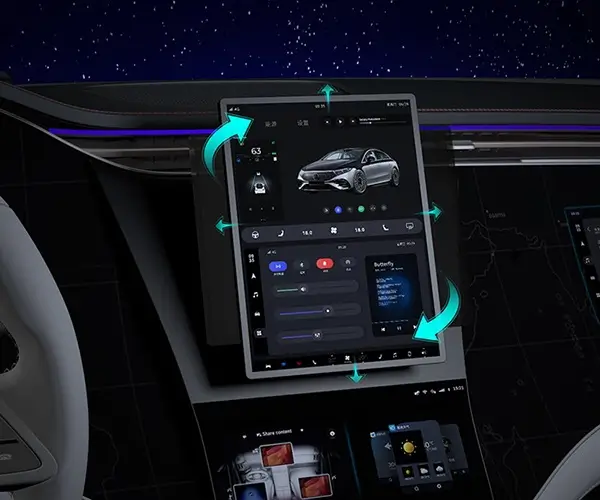Converting Monolithic to Microservices: A Game Changer for Your Business
Businesses today are under constant pressure to stay agile and responsive to changing markets. One of the most exciting transformations companies are undertaking is moving from a monolithic architecture to microservices. But what exactly does this mean, and why is it such a big deal?

A monolithic system is like a big, heavy machine. Everything works together in one giant block, and making changes or scaling up can be a nightmare. Imagine trying to fix one small part of a car engine that’s all fused together—taking out a single component is almost impossible without impacting the whole system. It works for a while, but as your company grows, things start to get complicated.
Now, let’s talk about microservices. Think of it like a fleet of smaller, independent machines, each responsible for a single task. If one breaks down, it doesn’t bring the entire system to a halt. You can upgrade or replace parts individually without the entire machine crumbling. This is what switching to microservices can do for your business—it allows you to break down the big, clunky systems into smaller, more manageable units that can grow with you.
But how do you make the switch?
It’s not an overnight process. First, there’s the obvious: the complexity of breaking up your existing system. But once you start, the benefits come quickly. Instead of updating everything at once, you can make iterative changes. Teams can work independently on different services, speeding up development and boosting innovation.
Let’s look at a real-world example. Imagine you’re running an e-commerce platform. In a monolithic system, your inventory, payment processing, and user interface are all tightly connected. If one part goes down, the entire platform might crash. But with microservices, you can isolate problems. If payment processing fails, for example, customers can still browse and add items to their cart while the issue gets fixed.
This is where microservices truly shine: flexibility. With each part working independently, you can also scale different services according to demand. High traffic on payment gateways during a sale? No problem. Scale that service up while others remain unaffected. It’s not just about stability—it’s about adaptability.
It’s also worth noting that microservices make it easier to experiment. You can test new features on a small scale, without disrupting your whole platform. Think of it like A/B testing for your whole system.
However, the transition isn’t without challenges. There’s the potential for communication issues between services, and data management becomes trickier. But with the right tools and strategy in place, these obstacles are manageable.
The key is to partner with a company that understands both the complexity of your current system and the potential of what you’re trying to build. With the right guidance, converting from monolithic to microservices doesn’t have to be intimidating. It’s about evolving, improving, and staying ahead of the competition.
So, if you’re considering making the leap, know that this transition is a significant step toward a more flexible, scalable, and innovative future for your business. And with the right expertise, you’ll find the process smoother than you might have imagined.
Isn’t it time your system worked as flexibly as your team does?
Established in 2005, Kpower has been dedicated to a professional compact motion unit manufacturer, headquartered in Dongguan, Guangdong Province, China. Leveraging innovations in modular drive technology, Kpower integrates high-performance motors, precision reducers, and multi-protocol control systems to provide efficient and customized smart drive system solutions. Kpower has delivered professional drive system solutions to over 500 enterprise clients globally with products covering various fields such as Smart Home Systems, Automatic Electronics, Robotics, Precision Agriculture, Drones, and Industrial Automation.




































